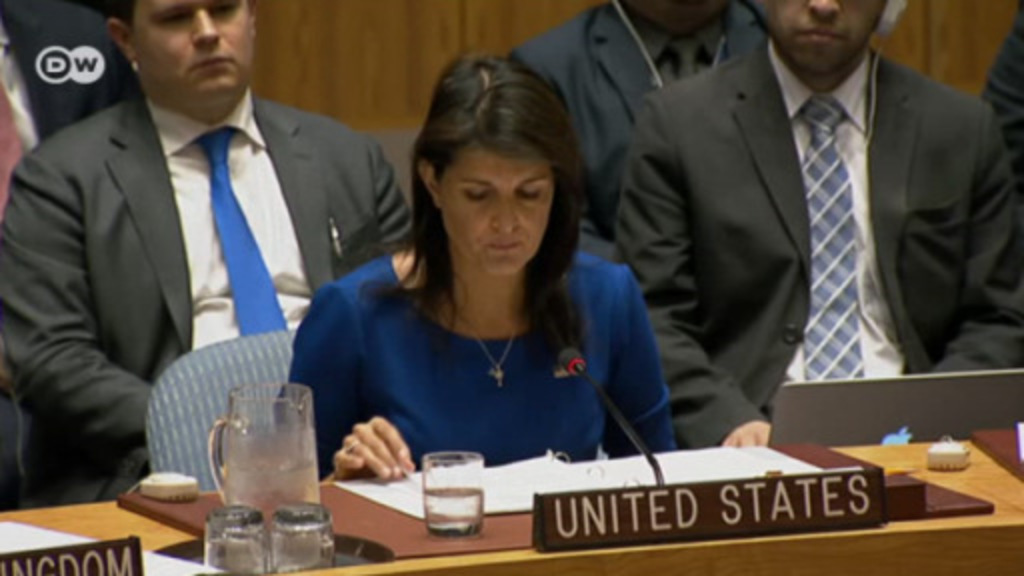News
Polls open in Montenegro presidential election
Montenegrins were casting their ballots in a presidential election widely tipped to be won by former Prime Minister Milo Djukanovic. It is the first election since the country joined the Western military alliance, NATO.
Sunday's vote is being seen as test for Djukanovic, who favors European integration over closer ties to its traditional ally, Moscow. The former prime minister and his Democratic Party of Socialists have ruled the country for nearly 30 years. Current President Filip Vujanovic is not running due to term limits.
Read more: Montenegro's Milo Djukanovic: The eternal president
Opinion polls predict a first-round victory for Djukanovic's Democratic Party of Socialists'. However, if the former leader fails to win the seven candidate race, a run-off vote will be held on April 29.
Montenegro's presidency is a ceremonial post, but is expected to become the real seat of power in the country if 56-year-old Djukanovic wins the vote.
Read more: Opinion: Western Balkans joining EU would be wrong move for wrong reasons
The ballot is the first election in Montenegro since Djukanovic's party ignored calls from Russia and joined NATO in December last year. Montenegro is also expected to be one of the favorites to join the European Union next.
West versus Russia
Djukanovic is the best-known candidate in the race, with his campaign slogan declaring him a "leader, statesman and president of all citizens."
The six-time former prime minister said he is running for presidency in order to stabilize Montenegro's pro-Western path amid regional and global instability and "defend" it from Moscow's influence.
Read more: The western Balkans: A region of secessions
The opposition says Djukanovic has ties to the mafia, an accusation he has denied.
Mladen Bojanic is Djukanovic main rival, having been put forward by the leading opposition party, the Democratic Front, which prefers closer ties with Russia and accuses Djukanovic of both nepotism and corruption.
Djukanovic has pared back his anti-Russian rhetoric saying he wanted "normal relations with Russia if it is prepared to do the same," but he has also said he wants the country to "remain on its road of development," which would be better achieved through ties with Brussels.
Voters focus on employment
But for the 620,000 people in Montenegro, their votes may be swayed by what work prospects are offered by the candidates rather than West or Russian ties. The average salary in Montenegro sits at around €500 ($615) and unemployment is more than 20 percent.
The country has also been marred by organized crime, with some 20 people killed by assassinations or car bombs over the last two years.
None of the other five candidates are expected to reach percentages in the double digits.
Polling stations are expected to close at 8 p.m local time with preliminary results expected soon after.
law/jlw (AFP, AP, dpa)
Each evening at 1830 UTC, DW's editors send out a selection of the day's hard news and quality feature journalism. You can sign up to receive it directly here.
DW recommends
WWW links
Audios and videos on the topic
- Date 15.04.2018
- Keywords Montenegro, Milo Djukanovic, election, poll, vote
- Share Send Facebook Twitter Google+ More
- Feedback: Send us your feedback.
- Print Print this page
- Permalink http://p.dw.com/p/2w4Ie
- Date 15.04.2018
- Keywords Montenegro, Milo Djukanovic, election, poll, vote
- Share Send Facebook Twitter Google+ More
- Send us your feedback.
- Print Print this page
- Permalink http://p.dw.com/p/2w4Ie








